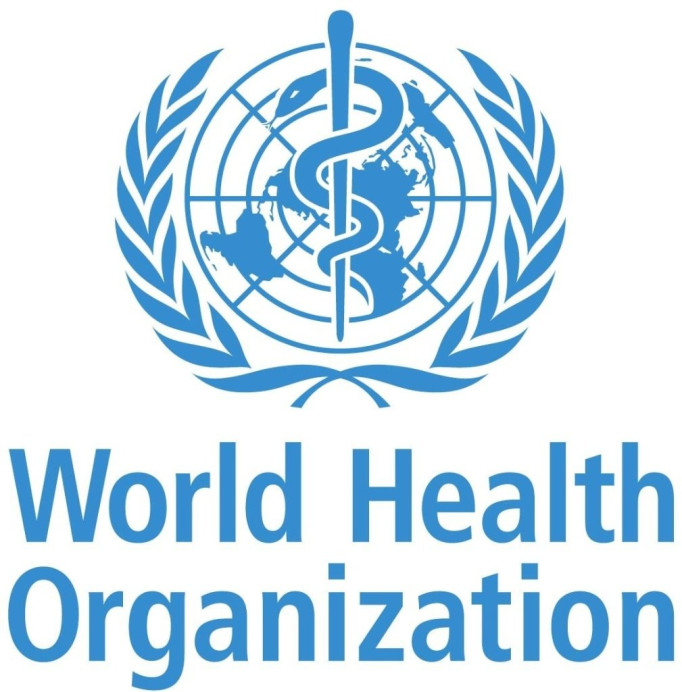SUVA, 19 JUNE 2018 (MOH/WHO) — Recent headlines on diabetes rates in Fiji highlight the importance of the whole community taking action in protecting their health from noncommunicable diseases (NCDs) such as diabetes and cardiovascular disease, which primarily take the form of heart attacks and strokes.
Fiji’s Ministry of Health and Medical Services and the World Health Organisation (WHO) has advised that cardiovascular disease, and not diabetes, is the leading cause of death in the country.
In 2017, Fiji experienced almost twice as many cardiovascular-related deaths as those resulting from diabetes. This is in line with global trends; cardiovascular disease takes the lives of 17.7 million people each year, accounting for 31% of all deaths worldwide.
While diabetes-related diseases are not the leading cause of death in Fiji, NCDs like diabetes and cardiovascular disease are major concerns for Fiji.
Cardiovascular disease is more likely to develop in people who smoke, have an unhealthy diet, are not physically active and/or misuse alcohol. A person becomes more at-risk of cardiovascular disease when they have raised blood pressure, elevated blood sugar and/or are overweight or obese.
Prevention is critical for decreasing NCD death rates, and the risk of developing NCDs can be lowered by Fijians making healthy choices for themselves and their families. Being physically active for at least 30 minutes every day, stopping tobacco use, eating more fruit and vegetables, and limiting intake of salt and salty foods all significantly help to prevent the risk of NCDs. Stopping tobacco smoking is the most critical lifestyle change that can be made to avoid the risk.
The Ministry of Health and Medical Services, with support from development partners such as WHO, is taking a proactive approach to combat NCDs. Early identification of those Fijians who are at risk of developing these diseases is paramount, and this is why all health facilities in Fiji offer free screening services for NCDs and their risk factors. Health facilities can also provide free advice on how to reduce risk. Screenings and other health programmes are also being delivered in some workplaces and communities, giving Fijians the best chance to make the changes needed to prevent these life-threatening diseases.
Addressing the magnitude of this epidemic requires a coordinated and significant response from the government, civil society, private sector and the community. The future is in our hands, and together, we can turn the tide to ensure we have a brighter, healthier future ahead for all Fijians.
The Fiji Ministry of Health and Medical Services and the World Health Organisation have no affiliation or association with the World Life Expectancy website. Information or reports published by World Life Expectancy are not verified or endorsed by either agency.


